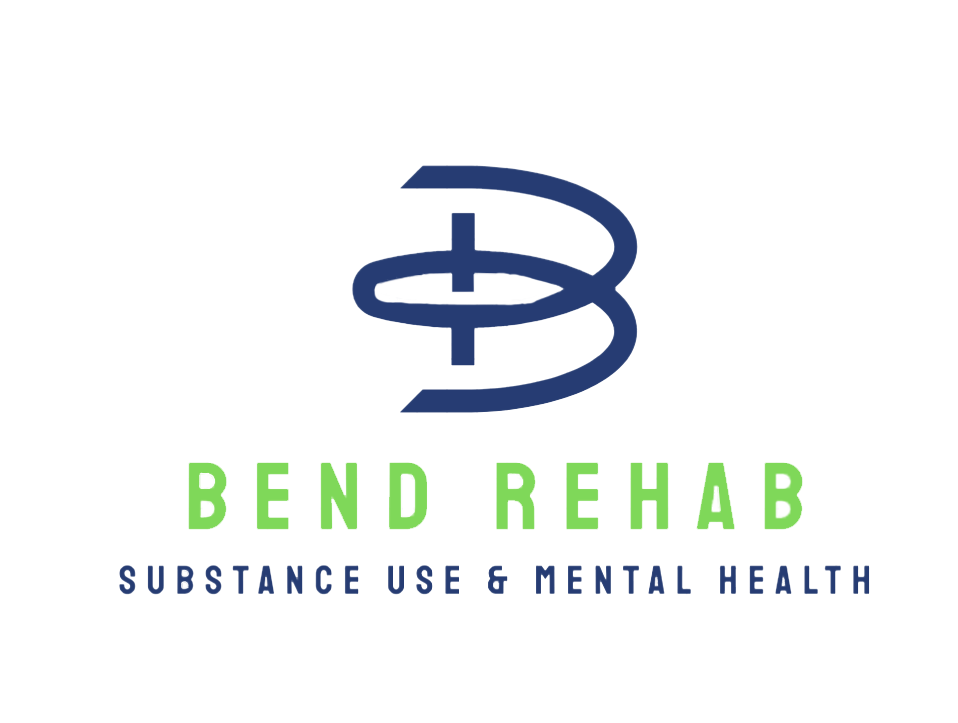What is Designer Drug Addiction?
Designer drug addiction is a growing concern in today’s society, as these synthetic substances are engineered to mimic the effects of traditional illegal drugs while often evading detection and regulation due to their novel composition. From synthetic cannabinoids and stimulants to hallucinogens, these substances are designed to offer a new kind of high, often marketed as “safe” or “legal.” However, the truth is far from harmless. Designer drugs can lead to severe psychological and physical dependency, with users chasing increasingly dangerous highs as tolerance builds. Their accessibility and constantly evolving variety make them particularly appealing but equally hazardous.
The symptoms of designer drug addiction can vary widely depending on the substance used. Physically, users may experience changes in heart rate, blood pressure, nausea, seizures, or even organ damage. Psychologically, symptoms can include anxiety, paranoia, hallucinations, and severe mood swings. The unpredictability of these compounds means each batch can have different, potentially life-threatening effects. Recognizing these symptoms early is critical for effective intervention and treatment. However, the secretive nature of designer drug use makes it a challenging issue to address.
For those in need of help, Designer Drug Addiction Treatment in La Pine offers specialized care to combat the dangers of these substances. As designer drugs continue to evolve, so must our understanding and approach to treatment, ensuring individuals receive the support they need to overcome addiction.
Getting Treatment for Designer Drug Addiction in La Pine
In La Pine, individuals struggling with designer drug addiction can find a beacon of hope at Bend Rehab, offering specialized Designer Drug Addiction Treatment in La Pine. This esteemed facility is recognized for its comprehensive approach to recovery, merging cutting-edge treatments with compassionate care tailored to each client’s unique needs. Designer drugs, known for their potent effects and capacity for addiction, demand specialized strategies for treatment. Bend Rehab’s team of experts employs a blend of behavioral therapies, medication-assisted treatment (MAT), and holistic approaches designed to address the physical dependency while healing the mind and spirit. Here, clients are not just treated; they are understood and empowered.
Bend Rehab understands that recovery from designer drug addiction requires more than just overcoming physical dependence—it necessitates rebuilding one’s life and rediscovering purpose. That’s why the rehab center places a strong emphasis on aftercare planning and relapse prevention strategies. From individual counseling sessions that delve into underlying issues fueling the addiction to group therapy that fosters a sense of community and belonging, Bend Rehab offers an environment where individuals are encouraged to grow beyond their addiction. With a serene setting in La Pine, clients can focus entirely on their recovery journey, surrounded by nature and support every step of the way.

Experience Expert Therapy
We provide a range of therapy options to address diverse needs, ensuring everyone receives the care and support they deserve. Our one-on-one therapy sessions offer personalized attention, allowing clients to work closely with a therapist to address their specific challenges, set goals, and pursue personal growth. For those who benefit from shared experiences, our group therapy sessions create a supportive environment to connect with others facing similar struggles, fostering understanding and encouragement. Additionally, we integrate innovative therapies that engage both mind and body, such as cognitive behavioral therapy (CBT) and dialectical behavioral therapy (DBT), offering new pathways for healing and self-expression.
FAQ
We've compiled a list of frequently asked questions to provide clarity on the experience and alleviate any remaining fears or anxieties you might have.
A day in addiction rehab is designed to provide a structured and supportive environment focused on physical, mental, and emotional recovery. Mornings typically start early with a healthy breakfast, followed by a schedule of therapy sessions, group activities, and workshops aimed at addressing the underlying causes of addiction. These may include one-on-one counseling, group and family therapy, fitness classes, educational sessions, and recreational activities. Throughout the day, individuals are provided with nutritious meals, time for relaxation, and opportunities for personal growth through journaling or meditation. Evenings often feature peer support meetings or 12-step programs before winding down for the night. Each day is thoughtfully organized to promote a holistic approach to recovery and help individuals build healthier habits and coping strategies.
A detox period generally lasts about five days but can range from three to 10 days. The length of detox varies depending on factors such as the type of substances used, the amount and frequency of use, the duration of use, and the method of administration. These factors help determine the appropriate length of detox for you or your loved one.
When entering addiction treatment, certain items are recommended to support your comfort and well-being. These can include comfortable clothing, personal hygiene products, properly documented prescription medications, and journals or books for reflection. However, some items are prohibited in treatment facilities, such as drugs, alcohol, weapons, or anything that could disrupt the recovery process. It's important to check with your chosen facility beforehand for a detailed list of allowed and restricted items to ensure a smooth transition into treatment.
At Drug Abuse and Addiction, we recognize the strong connection between addiction and mental health challenges. That’s why our treatment centers focus on addressing both addiction and the underlying mental health issues that often accompany it. Our experienced team provides care for conditions such as depression, anxiety, PTSD, and more, taking a holistic approach to recovery that meets both physical and mental health needs. Our admissions team works to match you with the right facility offering comprehensive care tailored to your unique situation. We’re here to guide and support you on your journey to lasting sobriety and better mental health.
Our admissions team at Drug Abuse and Addiction is here to guide you in finding the right treatment center to meet your needs. Choosing a rehab center can feel overwhelming, but we are here to make the process easier. Our compassionate and experienced team understands the complexities of addiction and the importance of personalized care. We take into account your unique circumstances, preferences, and any co-occurring conditions to connect you with a facility that provides customized support. You don’t have to navigate this journey alone – we’re here to support you every step of the way toward lasting recovery.
Seeing someone you care about struggle with addiction can be incredibly difficult and overwhelming. You may feel unsure about how to help them, but the journey starts with an open and honest conversation. Share your concerns, offer your support, and encourage them to seek professional help, while also setting clear boundaries. Researching treatment options and having resources ready can also make a big difference.
It's important to stay patient, understanding, and supportive throughout this process—recovery is a journey that takes time. With the right support and approach, your loved one can work towards a healthier, addiction-free life. Don’t hesitate to reach out to our team at Drug Abuse and Addiction for guidance. We’re here to assist you and your loved one every step of the way on the road to recovery.
No matter how committed you are to your recovery journey or maintaining lifelong sobriety, the risk of relapse is always present. According to the National Institute on Drug Abuse, relapse rates during recovery fall between 40% and 60%. Experiencing a relapse can bring feelings of shame or regret, and you might even consider giving up rather than continuing to fight against the urge to use. While these emotions are natural, they can hinder your path to a drug-free life. Instead, treat relapse as a chance to learn and grow—refine your prevention plan, identify triggers, and understand the reasons behind the setback. This approach can help you rebuild a stronger foundation for recovery.
The first step is determining whether returning to rehab is necessary. If the relapse was an isolated incident and you’re committed to reviewing and adjusting your recovery plan, inpatient treatment might not be required. Inpatient facilities offer hands-on care and consistent monitoring, but if substance use has become a pattern again, it may be essential to reenter a structured program. Warning signs like conversations about substance use, spending time with people who encourage drinking, or using substances to cope suggest a deeper issue that requires immediate attention.
If you do return to treatment after a relapse, the focus should be on successfully transitioning back into daily life. Spending a few months in a sober living environment can be invaluable, as it provides structure and accountability during the critical early stages of recovery. Additionally, setting up an outpatient therapy plan for continued support after rehab can further reduce the risk of relapse.

Verify Your Insurance With Us
Freeing yourself from Addiction doesn't have to be hard. Take the first Step and begin filling out the form, it's the initial phase in achieving a healthy recovery. We offer the necessary guidance and professional care crucial during the early treatment stages.




